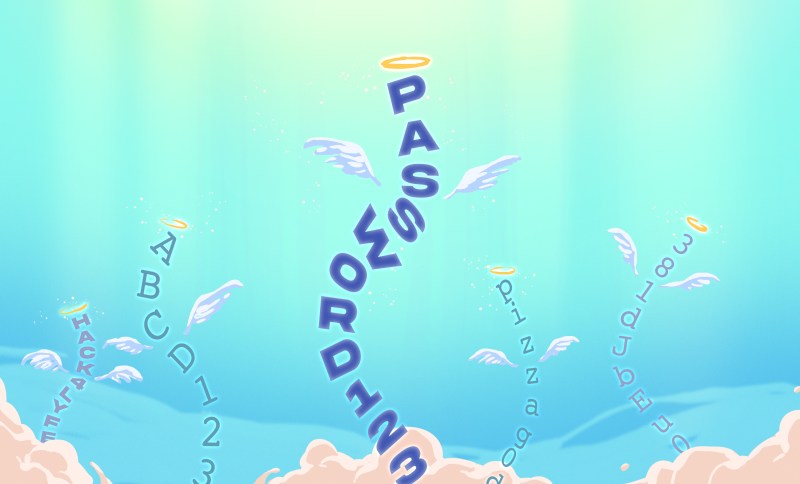Death and passwords: two things we just can’t avoid. With so much of our lives tied up in cloud services nowadays, there’s good reason to worry about what happens to these accounts if we drop dead tomorrow. For many of us, important documents, photos, financial information and other data will be locked behind a login prompt. Your payment methods will also expire shortly after you have, which could lead to data loss if not handled promptly. The most obvious way to address this is to give a trusted party access in case of emergency.
A Bad Solution
Let’s start with the simplest solution: using the same password everywhere. Great, all you need to do is put this on a Post-it note, stuff it in an envelope, and let someone know where to find it. Unfortunately, using a single password for many services is a terrible idea. Password breaches happen, and if you’re using a single password across the internet, they can be disastrous.
Password breaches are usually the result of an attacker finding a vulnerability that allows reading password data from an application’s database. Odds are high that your information has been leaked in one of these breaches. You can check if your email is on a list of known breaches with Have I Been Pwned. Don’t feel bad if you’ve been pwned, my email shows up on six different breaches, and this service only indexes publicly known breaches!
Depending on the competency of the company that was breached, your password may have been stolen in a few different formats. In the worst case, the passwords were stored as-is (i.e., cleartext), and the breach contains your actual password. Nowadays, storing passwords in cleartext is never considered acceptable. A hash of the password is stored instead. Attackers need to use a tool like hashcat to try to recover the passwords via brute force hash cracking. This is slow for complex passwords, but is always getting faster as GPUs improve.
So we really need to use different passwords everywhere, or our Tumblr account from 2013 could give access to our bank account. Given the large number of services we use and our inability to remember passwords, we’re going to need to use a password manager.
You Want a Password Manager
A password manager is any tool that lets you securely store a large number of passwords. These will let you randomly generate a long, secure passphrase that you’d never want to remember. This lets use unique passwords for each service, and passwords that are sufficiently complex that they would be tough to crack.
We will also need to think about emergency access to these tools. How will someone be granted access to your password manager, and how can we protect that process? The goal is to create a backdoor to all your accounts, then ensure it is reasonably well protected.
There are a lot of password managers out there, and this isn’t intended to be a comparison of them. In fact, security experts disagree about what …read more
Source:: Hackaday

